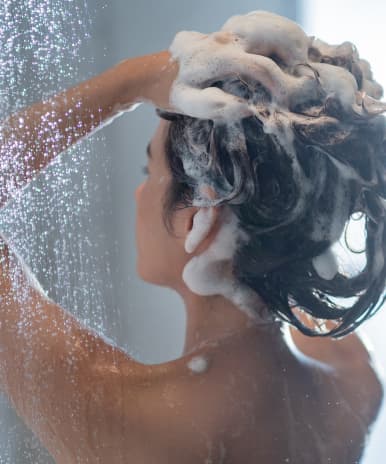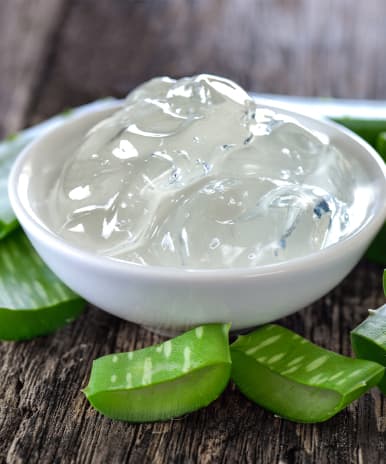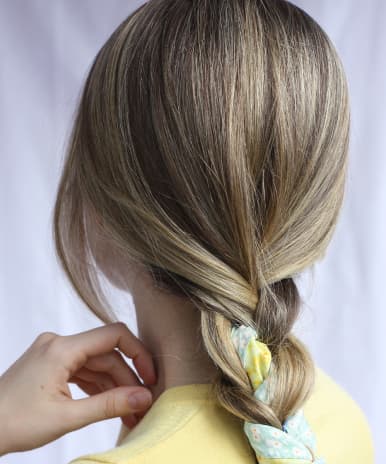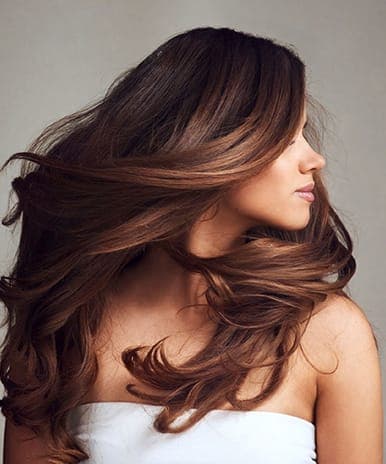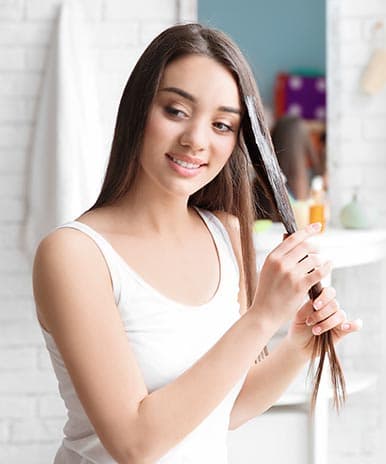After a hair-combing session, have you ever stared back at your brush in horror, wondering where all that hair even came from? Or maybe your once-long and lush locks seem dull and lacklustre past a certain point? These instances often drive us to think the absolute worst, but chances are that the answer to your problems lies between hair breakage and hair fall. Understanding the difference between the two is the first step to deciphering your hair woes. After all, healthy and strong hair is our goal every season. Read on how to tackle these and restore the shine and health to your crown glory.
The Difference Between Hair Fall and Hair Breakage

Hair fall is a natural process of a hair strand detaching itself from the follicle with the root. Moreover, it occurs daily. We shed about 50-100 strands a day. This is to make way for new, budding hair growth. That said, the alarm bells start to ring when you experience excessive hair shedding. This condition can be either permanent or temporary, depending on the underlying cause. Temporary hair fall can be prevented by addressing the concerns, while permanent hair fall might require more intensive treatment.
Hair breakage, on the other hand, is the damage that occurs along the hair shaft rather than the root. This type of condition is brought on by external stressors that weaken the hair structure, making the hair brittle and prone to snapping anywhere along the hair length. Common signs of such hair breakage are split ends, frizziness, and hair that feels rough or uneven.
Difference Between Hair Fall and Hair Breakage
Let's get a bit technical, shall we? Gaining a keen perspective on the issue of hair breakage vs hair fall is essential for ensuring effective hair care.
• Nature of the concern: Hair fall, at its base, is a biological process. It is influenced by a whole lot of things, like hormones, genetics, and blood supply. When these factors are affected, the hair follicle weakens, leading to eventual hair fall. On the flip side, hair breakage has more to do with the physical damage to the hair shaft's keratin (protein) structure, while the hair root stands as is.
• Appearance: With hair fall, you may notice the complete hair strand has been uprooted, along with a white bulb (root) at one end. Hair breakage, however, results in shorter, uneven pieces of broken hair without the root.
• Impact on Hair Health: If excessive, then hair fall can often lead to hair thinning or bald patches, affecting the overall density of your hair. Whereas, hair breakage can result in hair looking dull, frizzy and unhealthy, while the hair follicle remains unaffected.
Common Causes of Hair Fall and Hair Breakage
The reasons for hair breakage and fall are at times quite simple to address, while others may require specific treatments to treat the underlying concerns. Here are some of the causes of hair breakage and hair fall:
1. Hormonal Changes: Hormonal imbalances in your body may lead to hair fall as well. It can be triggered by thyroid problems, menopause, pregnancy and also polycystic ovary syndrome (PCOS). These conditions often disrupt the natural growth cycle of your hair, leading to excessive shedding.
2. Stress: Yes, stress is a significant reason for both hair breakage and hair fall. High-stress levels may trigger a range of health conditions, leading to increased hair shedding. Similarly, any harsh pulling or other physical damage to the hair can lead to breakage.
3. Abrasive Treatments: If you undergo frequent hair styling treatments and like dyeing, bleaching, straightening, or relaxing your hair, such harsh practices can damage the hair shaft, making it weak and prone to breakage.
4. Diet: Poor nutrition can contribute to dry, brittle hair, making it more susceptible to breakage. Diets lacking in essential vitamins and minerals, such as iron, zinc and biotin, affect your hair's structure and strength. Your hair needs sustainable nourishment to maintain its resilience and shine.
5. Weather: Environmental factors like heat, humidity, dry winters and UV radiation can strip your hair of its moisture. This can make your hair frizzy and prone to tangling and breakage.
6. Hair Care Routine: How you handle your hair can significantly impact its overall health. Rough towel drying, combing on wet hair and lack of conditioning, or using a hair serum after shampooing your hair can contribute to the concern.
Remedies For Hair Fall and Breakage
Once you have identified the reasons for your hair breakage, the next step is to gain perspective on the hair breakage remedies available at your disposal.
• This should be one of the most vital hair fall remedies - limit the use of heat styling appliances on your hair. When absolutely necessary to do so, always remember to apply a heat protection serum like the Livon Style Pro Keratin Hair Serum to minimise the damage.
• Manage stress by practicing stress-reducing activities like yoga and meditation for a healthy and balanced lifestyle.
• Try to incorporate serums into your hair care routine. These target the frizz, moisturise and provide a layer of protection to your hair strands. Know how to apply a hair serum and other hair products properly so you can treat your hair well.
• Adding deep conditioning and rich hair masks can do wonders for your hair. Such hair breakage remedies at home are great at replenishing moisture and adding shine to your tresses.
• Be gentle with your hair. Try to avoid tight hair ties, rough brushing, and rigorous towel drying.
• Hair is a big part of our personality and self-expression, so keeping it healthy and nourished becomes a part of our journey. Being consistent and keeping an eye out for any signs of hair breakage or hair fall can help you unlock your hair's true potential to be lush and gorgeous every single day!





